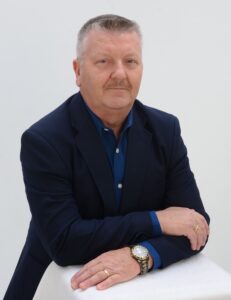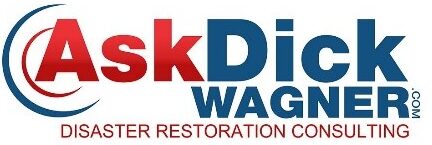 Conventional wisdom, the commonly accepted beliefs or opinions held by a majority, has long been regarded as a cornerstone of societal norms and decision-making. However, conventional wisdom stifles creative thinking and hampers innovation. By adhering blindly to established ideas, we limit our potential for growth and fail to address difficult challenges. Let’s explore the reasons behind the adverse impact of conventional wisdom on creative thinking and discuss the importance of challenging the status quo to foster innovation and progress.
Conventional wisdom, the commonly accepted beliefs or opinions held by a majority, has long been regarded as a cornerstone of societal norms and decision-making. However, conventional wisdom stifles creative thinking and hampers innovation. By adhering blindly to established ideas, we limit our potential for growth and fail to address difficult challenges. Let’s explore the reasons behind the adverse impact of conventional wisdom on creative thinking and discuss the importance of challenging the status quo to foster innovation and progress.
Conventional wisdom is deeply ingrained in our society, shaping our actions, perceptions, and decision-making processes. It encompasses widely accepted beliefs, traditional practices, and established norms that are often unquestioningly followed. However, it is essential to recognize the limitations of such adherence and the harmful effects it can have on promoting creative thinking.
Conformist wisdom creates a comfort zone where innovation and creativity are stifled. If we stay in our comfort zone we don’t grow and learn new things. We’ll never experience great success. It discourages critical thinking and discourages the exploration of alternative perspectives. By adhering rigidly to conformist wisdom, we close ourselves off from new ideas and limit our ability to discover fresh solutions to difficult problems.
Conventional wisdom tends to continue the status quo, making it resistant to change and adaptation. Creative thinking, on the other hand, thrives on embracing novelty and challenging existing norms. By accepting usual wisdom as the ultimate truth, we hamper progress and hinder innovation in many fields, including science, technology, and social development.
Creative thinking requires a willingness to take risks and embrace failure as part of the learning process. It’s been said that if you aren’t failing sometimes, you aren’t learning and growing. Conventional wisdom, with its emphasis on established practices, discourages risk-taking and often views failure as a negative outcome. This aversion to risk slows the exploration of uncharted territories, often preventing breakthroughs and new discoveries.
To promote creative thinking, we must challenge conventional wisdom and encourage a culture and mentality of open-mindedness and critical inquiry. By questioning established beliefs and norms, we create opportunities for innovative ideas to emerge. Embracing separate perspectives, encouraging experimentation, and promoting a growth mindset are crucial steps toward nurturing a creative ecosystem.
Creative thinking is often fueled by broad collaboration, as it brings together individuals with diverse backgrounds and expertise. Conventional wisdom, however, tends to confine people within disciplinary boundaries, limiting cross-pollination of ideas. Encouraging cooperation across fields can lead to fresh perspectives and breakthrough innovations.
Education plays a vital role in shaping mindsets and fostering creative thinking. It is essential to move beyond the spread of conventional wisdom and embrace teaching methods that encourage critical thinking, problem-solving, and creativity. By encouraging learners to question established beliefs and seek alternative solutions, we equip them with the tools needed to drive future innovation.
I see this in many of the marketers that I coach. Some don’t want to change and are scared to try new things. Most marketers don’t realize that the world and especially our society and culture. It is dramatically different today than it was only five years ago.
Conventional wisdom, while providing stability and a sense of order, will stifle creative thinking and obstruct progress. To address the complex challenges of our rapidly changing world, we must break free from the shackles of conventional wisdom. By fostering an environment that embraces creativity and some well-thought-out risk-taking, we can unlock the potential for many (including restoration marketers) to develop a much stronger relationship with clients.
And finally, I hope I was able to provide a compelling case about the adverse effects of conventional wisdom on creative thinking and advocate for a paradigm shift. By challenging established beliefs, encouraging risk-taking, and fostering interdisciplinary collaboration, we can surpass the limitations imposed by conventional wisdom and embrace a future driven by innovation, creativity, and progress.
 Author: Dick Wagner
Author: Dick Wagner
By Dick Wagner, Co-Founder The CREST Network, LLC
Nationally recognized coach, consultant, trainer, and speaker
Creator of the renowned PREP™ pre-disaster program
Owner of AskDickWagner.com BLOG
Copyright© 2023
